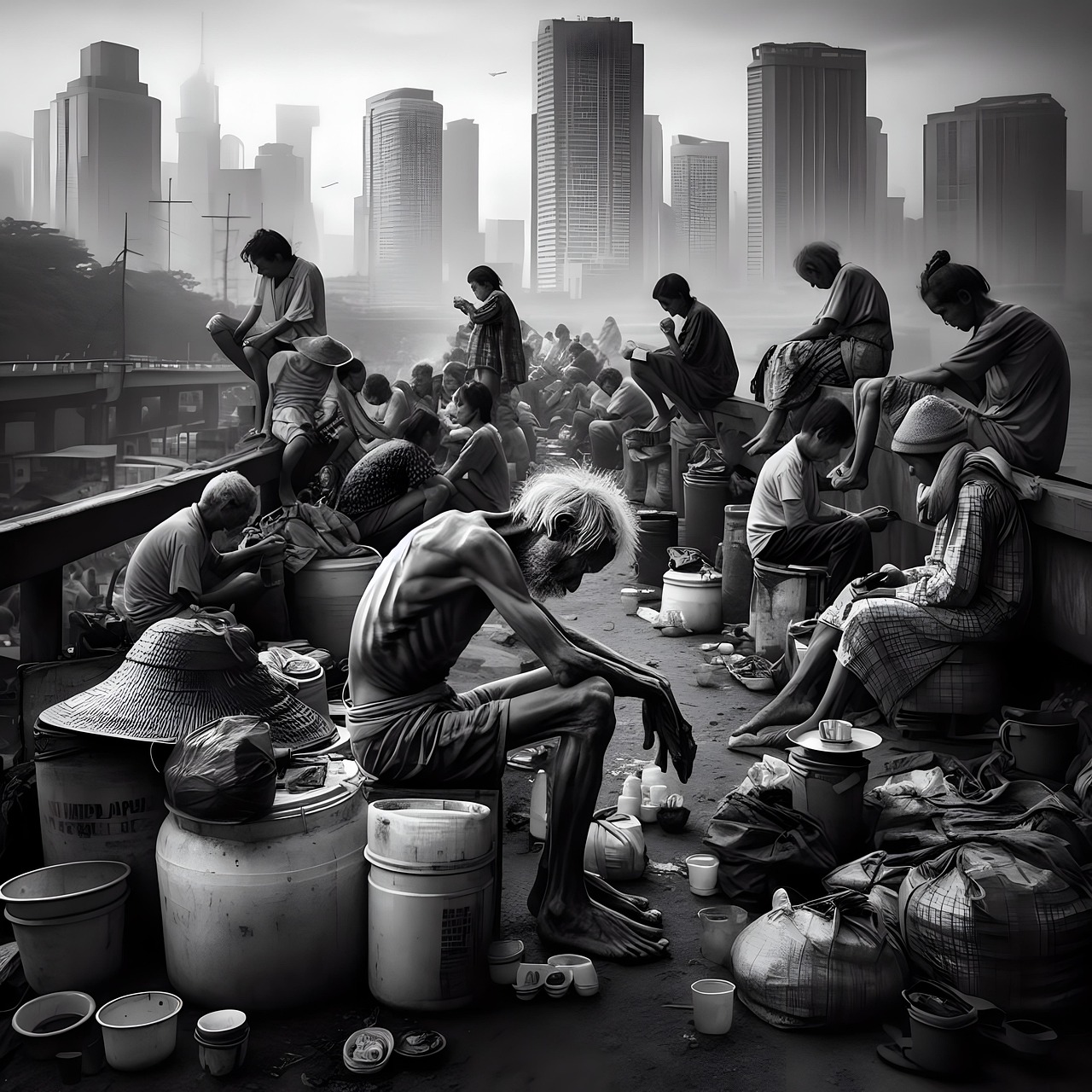Understanding How Power, Silence, and Structure Keep People Poor in a Nation
Peters said, “Poverty isn’t a fate or an accident, it’s the consequence of systems that fail the many to empower the few, shaped by the choices of those in power and the silence of those who let them lead.”
Poverty isn’t just about empty pockets, it’s the product of broken systems, corrupt leadership, silent citizens, and a conditioned mindset. In resource-rich nations, it’s not natural; it’s manufactured, sustained, and sometimes even monetized. Poverty is not fate, it’s a consequence. The real question is: who’s responsible?
🏗️1. The System: The Hidden Force
Every society operates under a system, an invisible engine composed of laws, policies, institutions, and ideologies. If that system is designed to favor the elite, disregard the vulnerable, or silence the truth, poverty becomes unavoidable.
- When education is poor, opportunities disappear.
- When healthcare is unaffordable, lives are lost early.
- When the economy is rigged, only a few ever win.
Some nations are trapped in cycles of economic dependence, debt, and underdevelopment, not because their people are lazy, but because the system was never built for their success.
Blame the system? Absolutely. But who creates and maintains the system? Let’s move on.
👑2. The Leaders: The Power Brokers
Leaders are not merely figureheads; they make decisions that influence how resources are allocated, how laws are enforced, and how citizens are treated.
- When leaders steal public funds instead of building schools and hospitals…
- When they use religion, ethnicity, or fear to divide the people…
- When they care more about staying in power than serving the people…
They become gatekeepers of poverty.
In many countries, poverty persists not because of a lack of wealth, but because of a lack of will to use that wealth wisely and fairly.
So yes, blame the leaders. But who puts them in power, and lets them stay there?
🧍🏾♀️🧍🏿♂️3. The Citizens: The Silent Majority
This is the uncomfortable part. Citizens, knowingly or not, often enable the very systems and leaders that oppress them.
- When people sell their votes for temporary gifts…
- When they remain silent in the face of injustice…
- When they defend bad leaders out of tribal loyalty or blind faith…
They allow poverty to persist.
But it’s not always that simple. Many citizens live under oppressive systems that punish dissent and reward conformity. Fear, misinformation, and survival mode can cloud judgment and crush resistance.
Still, when the people refuse to question, organize, or demand better, they hand over their power to those who misuse it.
So yes, citizens share in the blame, but they also hold the greatest potential for change.
So What’s the Real Answer?
Poverty is a multi-layered problem. No single group is 100% to blame, but no one is completely innocent either.
To fight poverty, we must:
- Fix broken systems through reform, accountability, and justice.
- Elect and support leaders who serve the people, not themselves.
- Educate and awaken the citizens, so they stop being victims and start becoming agents of change.
Blame doesn’t solve problems, but truth does.
Final Takeaway:
Poverty isn’t just a result of bad luck or a random spiritual punishment, it’s the product of decisions, silence, and systems built to favor a few. Change starts when people stop pointing fingers and start demanding better from themselves, their leaders, and their institutions.
Share this article. Start the conversation. Be part of the change.

